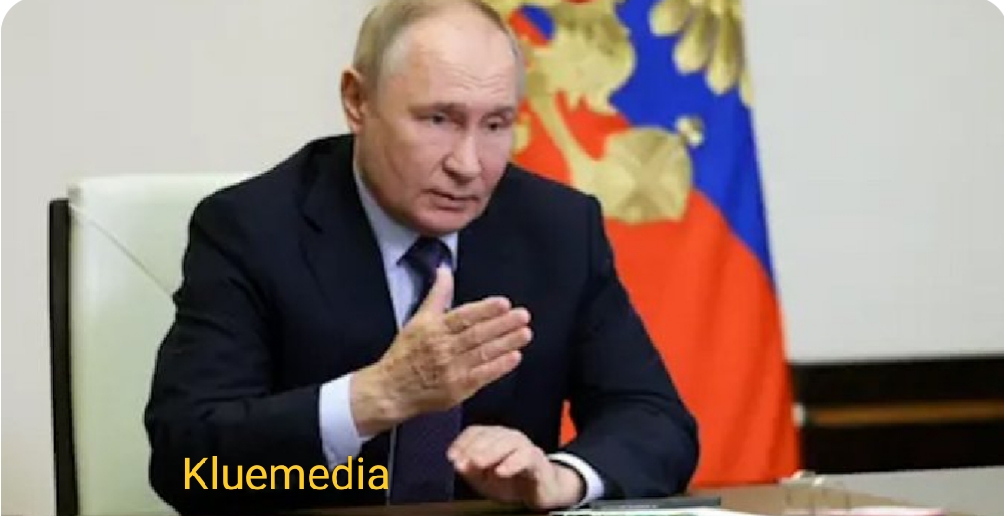
Moscow, November 19, 2024 – Russian President Vladimir Putin has approved sweeping updates to Russia’s nuclear doctrine, significantly broadening the circumstances under which the country could resort to nuclear weapons. The new policy, ratified on Tuesday, explicitly permits the use of nuclear weapons in response to conventional missile attacks supported by a nuclear power, heightening global tensions.
The revisions come amid mounting reports that the administration of U.S. President Joe Biden is considering allowing Ukraine to deploy American-made long-range missiles for strikes deep within Russian territory. This development has further exacerbated the strained relations between Moscow and Western capitals, already fraught due to the prolonged war in Ukraine, now in its third year.
Expanded Criteria for Nuclear Response
Under the updated doctrine, any conventional attack on Russia using missiles, drones, or aircraft that is backed by a nuclear-armed nation could prompt a nuclear retaliation. Furthermore, the document declares that aggression against Russia by a member of an allied coalition would be treated as an attack by the entire bloc, providing broader grounds for a potential nuclear response.
The Kremlin has framed the changes as a defensive measure against what it perceives as escalating threats from the West. President Putin emphasized that the policy aims to deter “hostile acts” and ensure Russia’s sovereignty, particularly in the face of NATO’s growing military support for Ukraine.
Implications for Global Stability
The announcement has alarmed international observers and analysts, with many drawing parallels to the Cuban Missile Crisis of 1962, widely regarded as the closest the world has come to nuclear conflict during the Cold War. Experts warn that the revised doctrine risks further destabilizing global security, particularly as it coincides with a heated U.S. presidential election campaign.
“This is a calculated move by Russia to signal its readiness to escalate if provoked,” said Anatoly Sverdlov, a Moscow-based political analyst. “By explicitly linking nuclear policy to conventional threats, Putin is sending a clear warning to Washington and its allies.”
Reactions from the West
Western leaders have condemned the doctrine’s expansion, describing it as a dangerous escalation in rhetoric and policy. U.S. Secretary of State Antony Blinken urged Russia to reconsider its stance, stating that “the world cannot afford another nuclear brinkmanship.” NATO Secretary-General Jens Stoltenberg reiterated the alliance’s commitment to supporting Ukraine while maintaining “measured and responsible” policies regarding nuclear deterrence.
Escalating Tensions
The revisions to Russia’s nuclear doctrine highlight the intensifying geopolitical rivalry between Russia and the West, as the war in Ukraine shows no signs of resolution. With both sides accusing each other of escalating hostilities, the specter of nuclear confrontation looms larger than ever.
As global leaders deliberate over the implications of Russia’s updated policy, the international community faces renewed urgency to address the growing risks of miscalculation and conflict.

